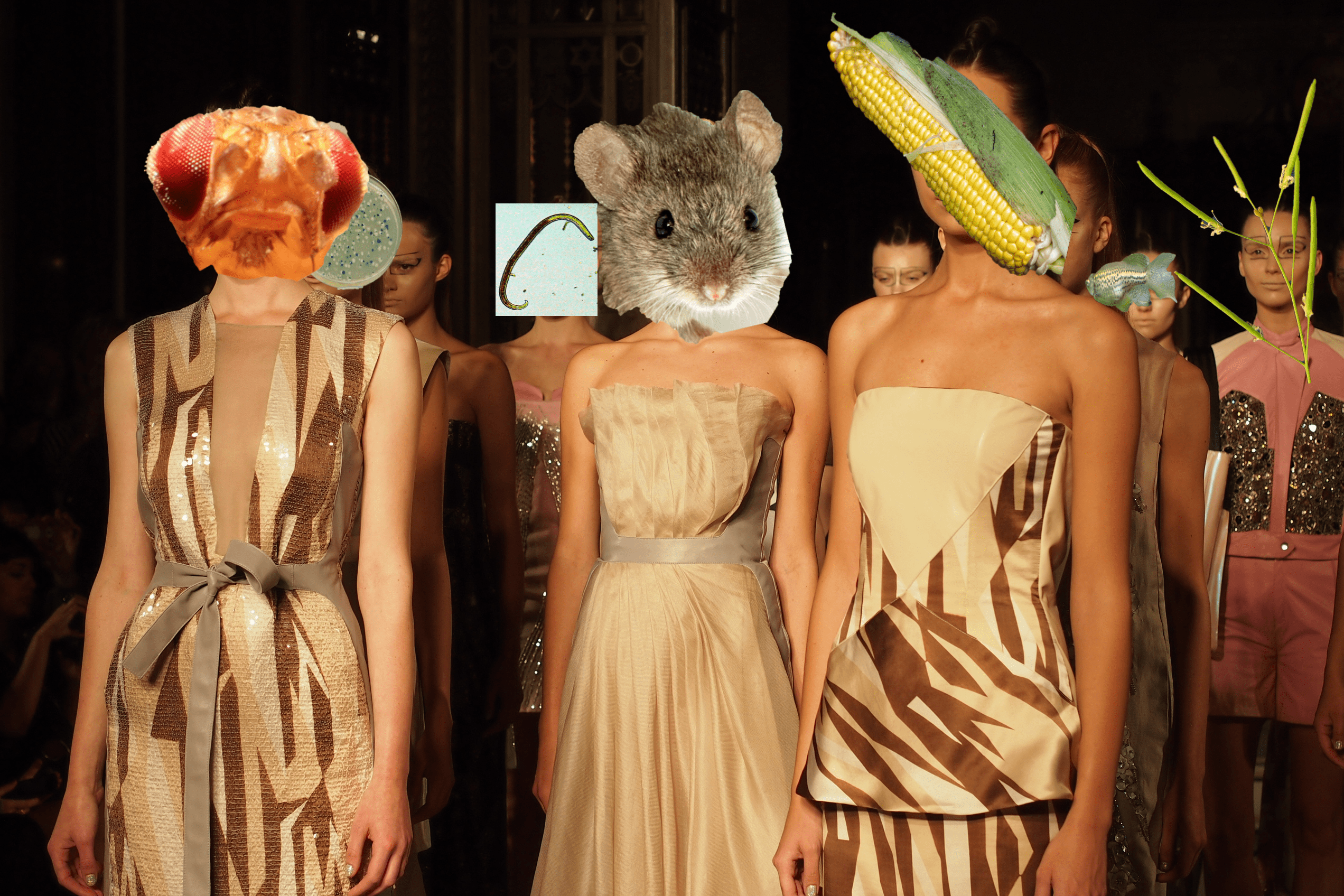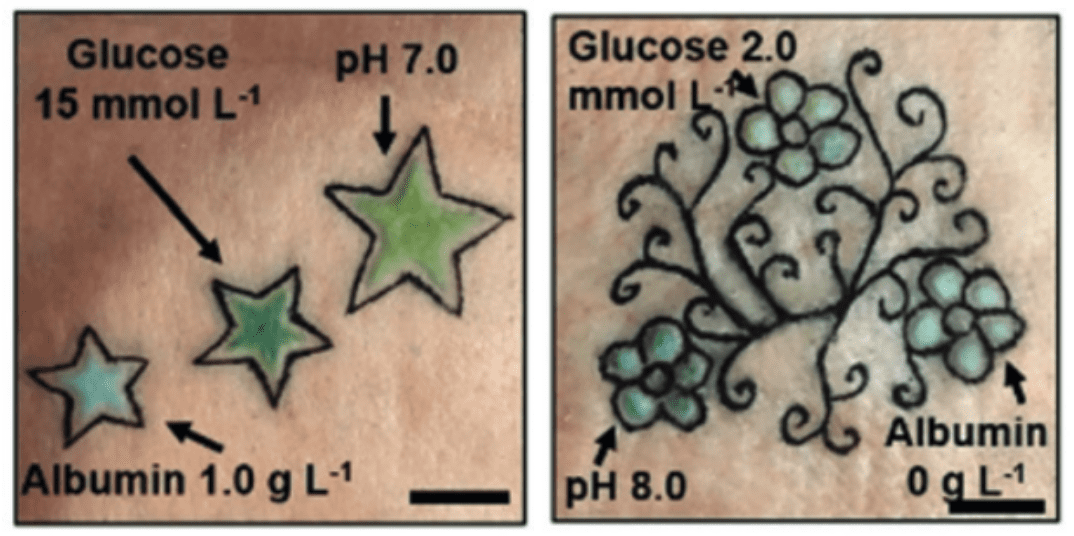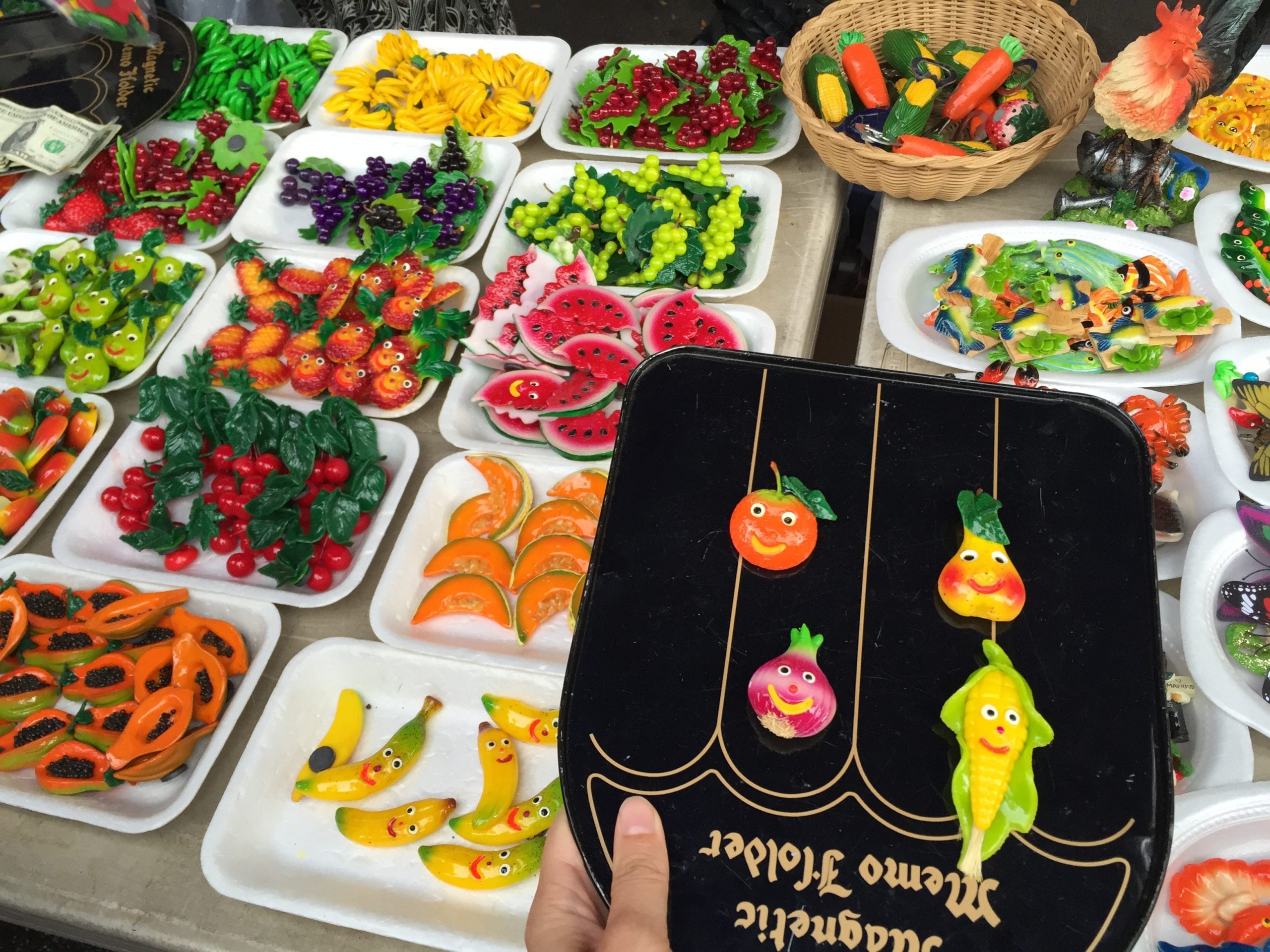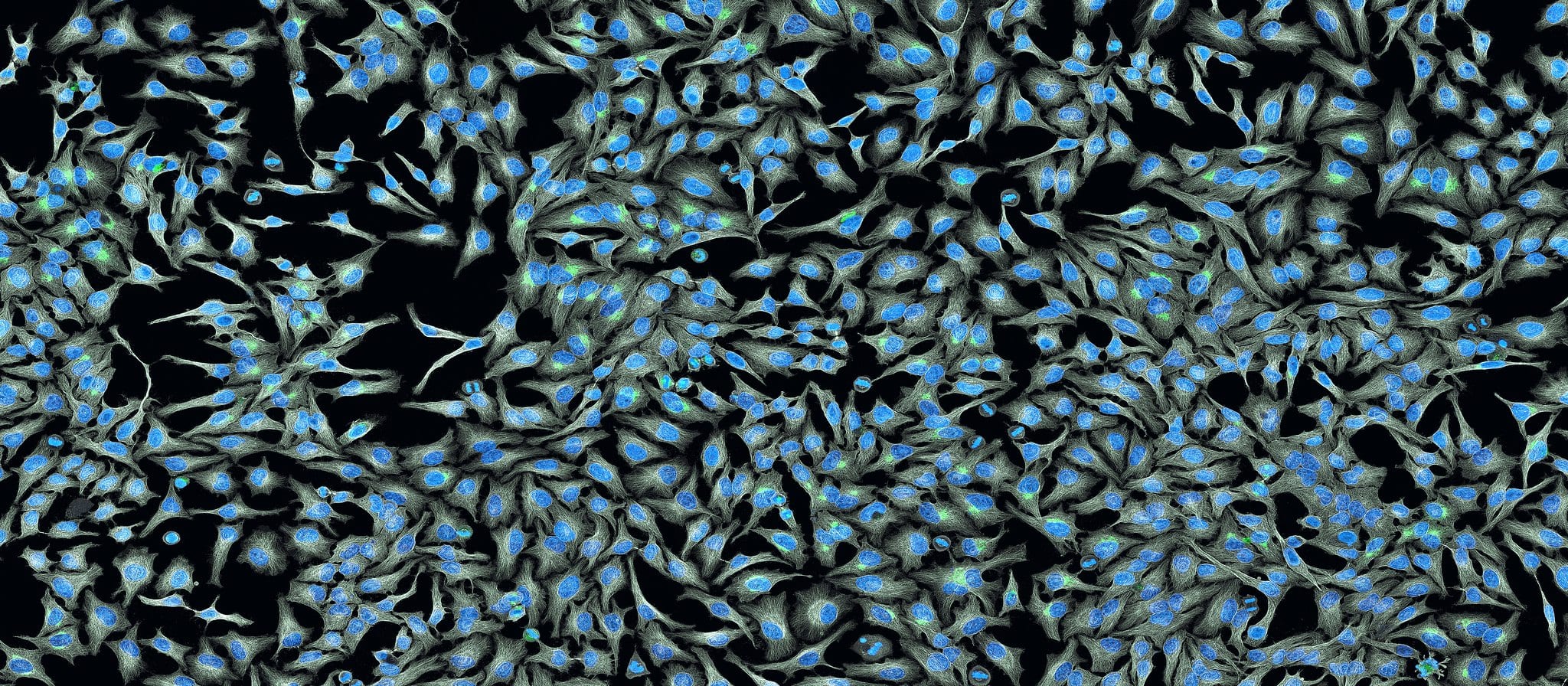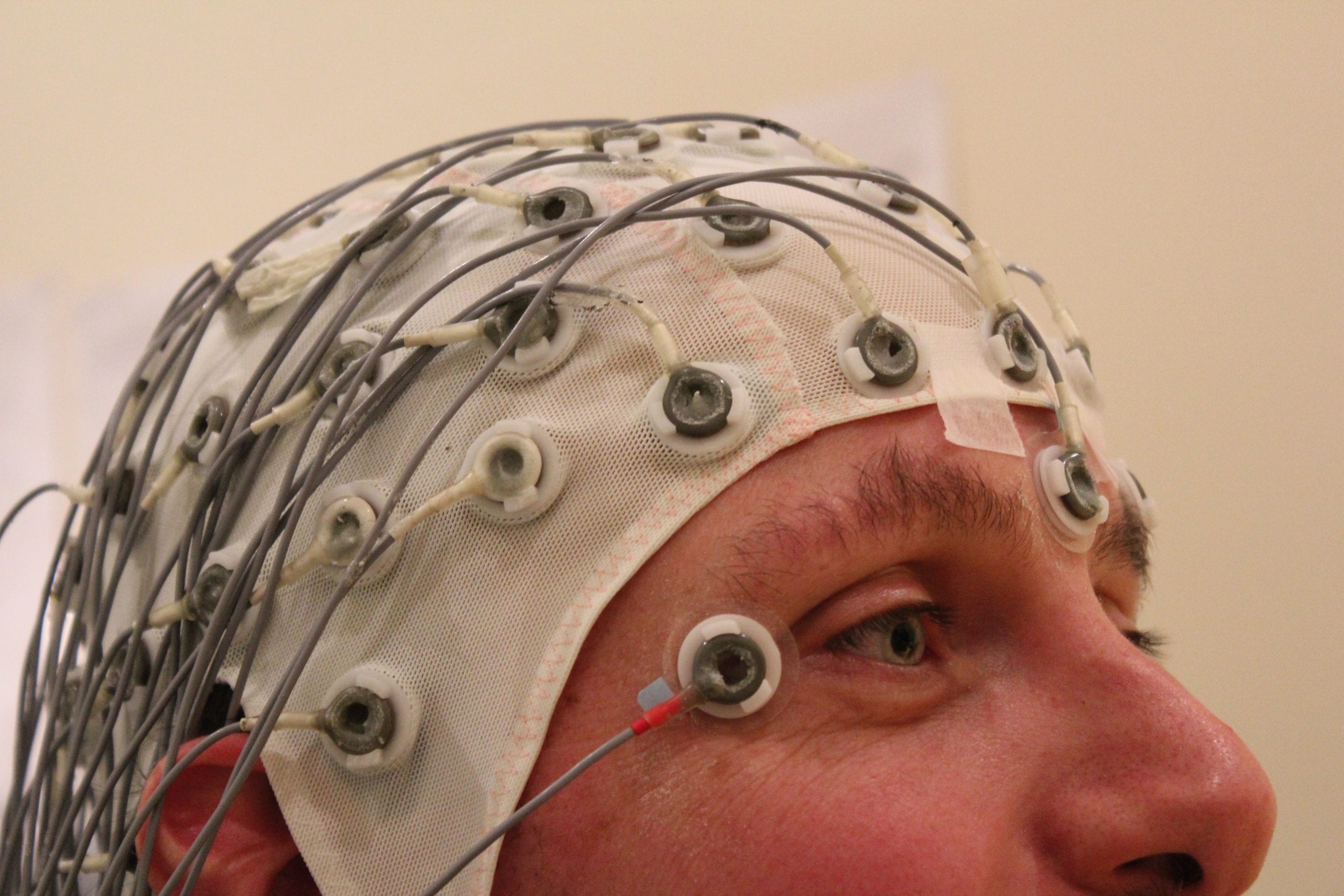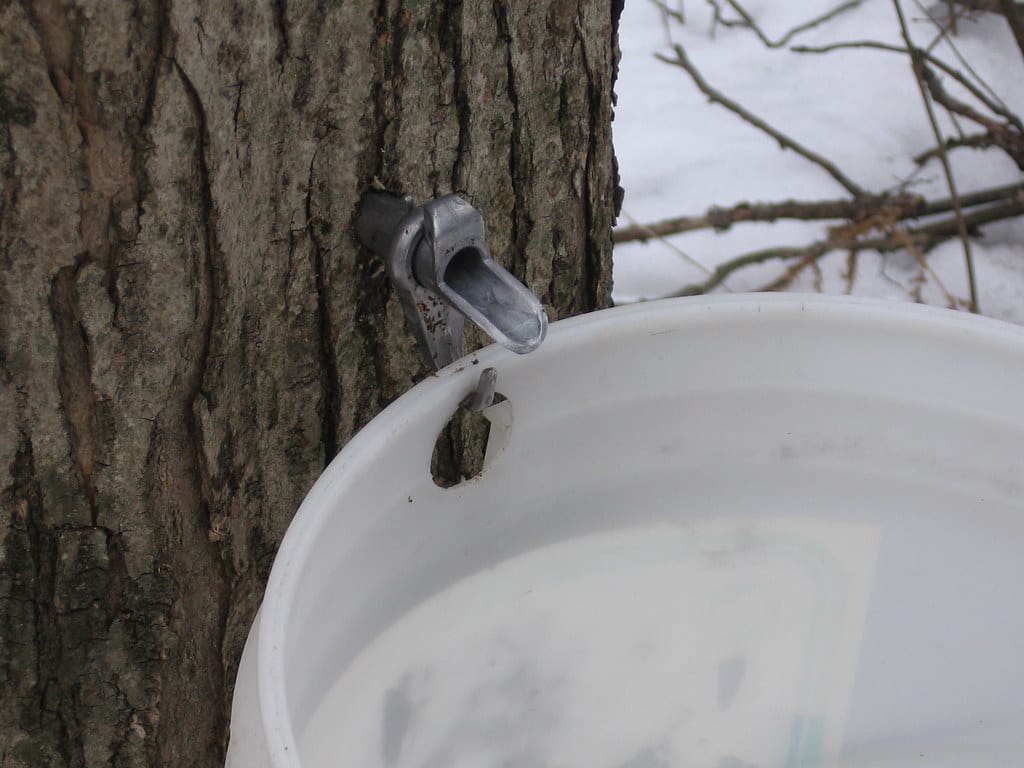
Photosynthesis & waffles: how plant sap gets on our breakfast plates
Maple syrup is a staple in Western breakfast culture. True maple syrup – as opposed to the thick corn syrup imitation that sits in many American diners – comes from a variety of trees, mostly the sugar maple. But this breakfast condiment is more than just goo that happens to ooze out of a plant


